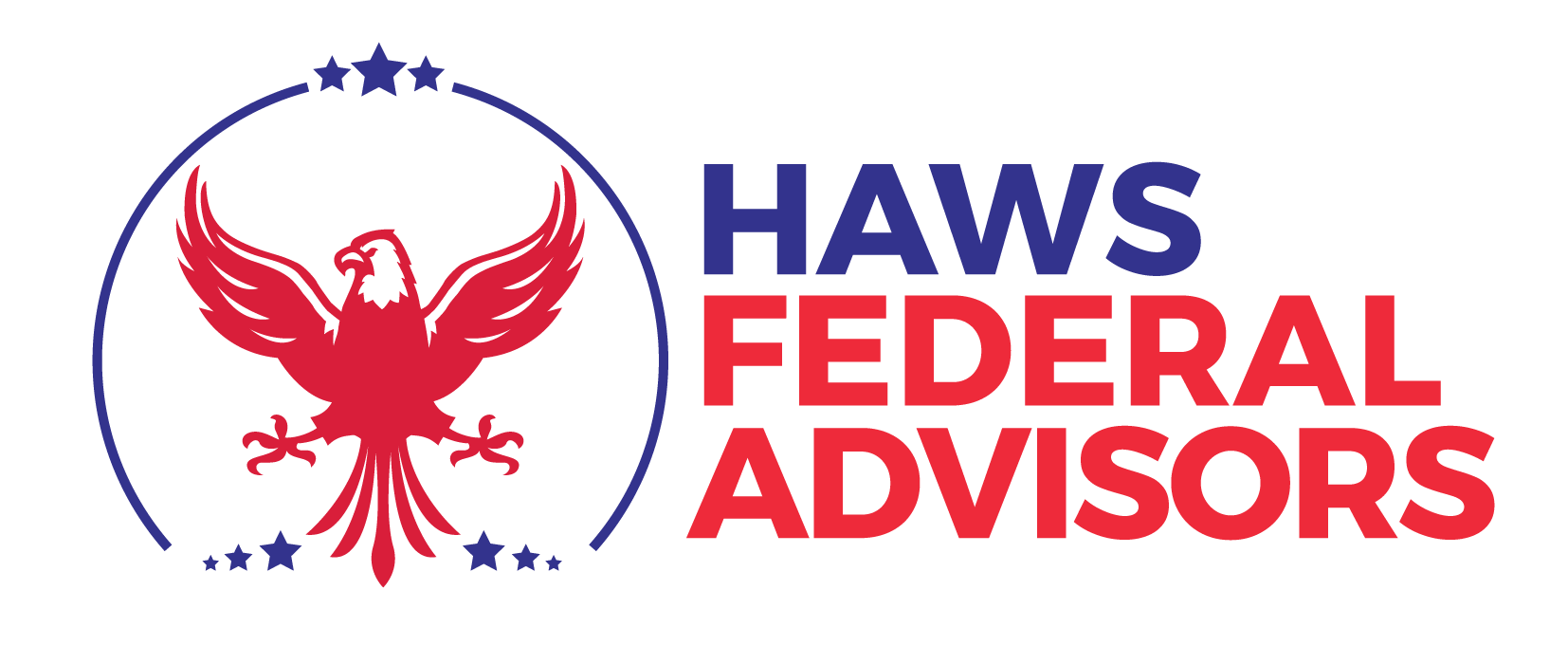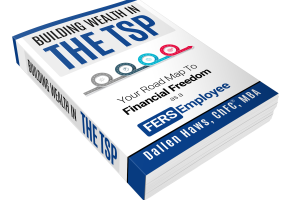Most articles written about federal careers are aimed at employees nearing retirement, as this phase of life involves a multitude of critical financial decisions that shape the future. However, investing in your federal career early can make life much easier, both now and in the decades to come. Even if you’re retiring soon, it’s never too late to start implementing these strategies now. Here are six habits every federal employee should develop early in their careers.
1. Taking Advantage of Compound Interest
Let’s start this section from a quote from Albert Einstein, “Compound interest is the eighth wonder of the world. He who understands it, earns it … he who doesn’t … pays it.” This concept applies directly to your Thrift Savings Plan (TSP) contributions, one of the most powerful wealth-building tools available to federal employees. The earlier you begin investing into the TSP, the better.
Here’s an example to illustrate this:
Employee A starts investing 5% of their $50,000 salary at age 35, with agency matching. Over 30 years, assuming an average 7.5% return, their balance grows to approximately $500,000.
Employee B starts investing the same amount 10 years earlier at age 25. By age 65, their balance grows to over $1.1 million.
The takeaway? The earlier you start, the more time your money has to grow, which significantly reduces the financial burden on your future self.
2. Developing Financial Discipline
Getting a handle on your spending habits early in your career lays the foundation for a lifetime of sound financial decisions. Start by tracking your expenses to understand where your money goes. Tools like budgeting apps, spreadsheets, or even pen and paper work—the key is consistency. Once you have a clear picture of your financial situation, you can:
Create a budget that prioritizes savings and minimizes unnecessary spending.
Avoid falling into common debt traps, such as high-interest credit cards or car loans beyond your means.
Set yourself up for financial freedom by living below your means early on.
3. Maximizing the Benefits of Your TSP
The TSP is a cornerstone of federal retirement planning. Contributing as much as possible to your TSP, especially early in your career, allows you to benefit from both agency matching and tax advantages. Here’s how to make the most of it:
Invest in Growth-Oriented Funds: Early in your career, prioritize the C, S, and I funds for higher growth potential. While these funds are more volatile, they offer greater returns over time compared to the conservative G and F funds.
Being Aware of the Employer Match: The government offers a great benefit of contributing up to 5% of your salary to your TSP every year. Check out this chart to see how this works:
% You Contribute | 0% | 1% | 2% | 3% | 4% | 5% | More than 5% |
Agency’s Contribution | 1% | 2% | 3% | 4% | 4.50% | 5% | 5% |
Total % Contributed | 1% | 3% | 5% | 7% | 8.50% | 10% | Your Contribution + 5% |
The most critical step is simply to start investing, even if it’s a small percentage of your salary. Gradually increasing your contributions over time will also enhance your financial position.
Warning: If your retirement is getting close and you plan to withdraw from your TSP soon, you do not want to invest completely in stocks. Here is a great article that explains why: https://hawsfederaladvisors.com/using-the-4-rule-bucket-strategy-for-your-tsp/
4. Securing Adequate Insurance Coverage
Life insurance is often overlooked by younger employees, but it plays a vital role in financial planning, especially for those with dependents or significant debt. Here are some key considerations:
Federal Employees’ Group Life Insurance (FEGLI): FEGLI offers affordable coverage early in your career. However, premiums increase with age, so it’s important to evaluate whether a private term policy might be a better long-term solution.
Tailoring Coverage to Your Needs: If you’re single with no children, your insurance needs may be minimal. For those with families, ensuring that your loved ones are financially protected in your absence is essential.
5. Avoiding the Pitfalls of Debt
Debt is one of the biggest barriers to financial freedom. While some debt, like a reasonable mortgage, can be considered “good debt,” excessive borrowing often leads to financial stress. To stay ahead:
Pay off high-interest debt like credit cards as quickly as possible.
Avoid taking on new debt unless it’s absolutely necessary.
Build an emergency fund to cover unexpected expenses, reducing your reliance on credit.
Developing these habits early in your career will affect your retirement dramatically.
6. Creating a Life and Career Plan
Investing early in your federal career isn’t just about finances—it’s also about creating a fulfilling and sustainable work-life balance. Start by setting both short-term and long-term goals. Ask yourself:
What do I want my career to look like in 5, 10, or 20 years?
What experiences, certifications, or education will help me achieve those goals?
How can I align my career trajectory with my personal values and priorities?
A great retirement doesn’t happen by accident; it’s the result of thousands of deliberate decisions made over the course of your career. The same holds true for creating a rewarding life.
The Importance of Starting Now
As a young federal employee, you have a unique opportunity to set yourself up for a lifetime of financial security and career satisfaction. By taking small, consistent steps early in your career, you’ll reap the benefits of compound interest, financial discipline, and proactive planning. Here are some final tips to get started:
Educate Yourself: Take advantage of resources like financial literacy programs, webinars, and books to build your knowledge.
Ask Questions: Seek advice from mentors, colleagues, or financial advisors who understand federal benefits.
Take Action: Whether it’s increasing your TSP contributions, eliminating debt, or signing up for life insurance, every step counts.
Remember, the decisions you make now will shape the rest of your life. By investing early in your federal career, you’re not just building wealth—you’re creating options, freedom, and peace of mind for your future. Start today, and your future self will thank you.


